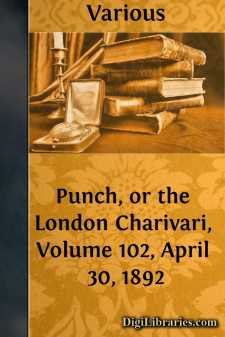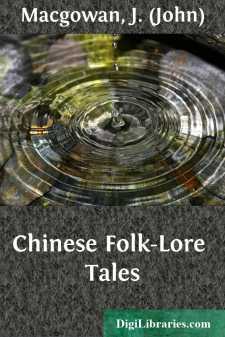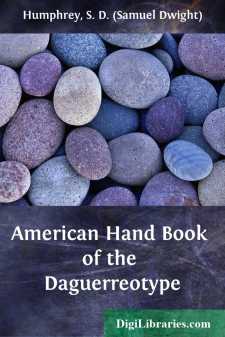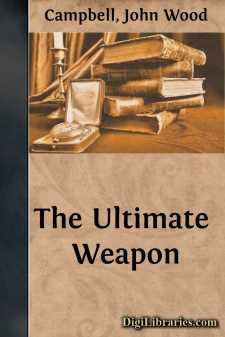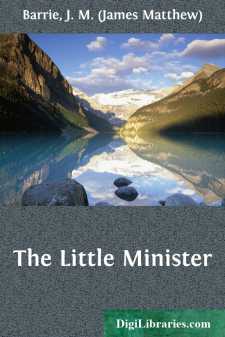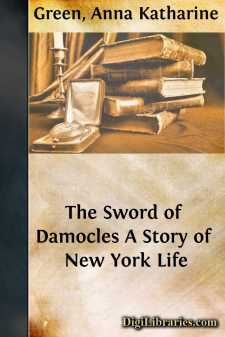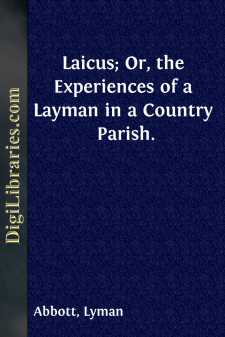Categories
- Antiques & Collectibles 13
- Architecture 36
- Art 48
- Bibles 22
- Biography & Autobiography 813
- Body, Mind & Spirit 142
- Business & Economics 28
- Children's Books 17
- Children's Fiction 14
- Computers 4
- Cooking 94
- Crafts & Hobbies 4
- Drama 346
- Education 46
- Family & Relationships 57
- Fiction 11829
- Games 19
- Gardening 17
- Health & Fitness 34
- History 1377
- House & Home 1
- Humor 147
- Juvenile Fiction 1873
- Juvenile Nonfiction 202
- Language Arts & Disciplines 88
- Law 16
- Literary Collections 686
- Literary Criticism 179
- Mathematics 13
- Medical 41
- Music 40
- Nature 179
- Non-Classifiable 1768
- Performing Arts 7
- Periodicals 1453
- Philosophy 64
- Photography 2
- Poetry 896
- Political Science 203
- Psychology 42
- Reference 154
- Religion 513
- Science 126
- Self-Help 84
- Social Science 81
- Sports & Recreation 34
- Study Aids 3
- Technology & Engineering 59
- Transportation 23
- Travel 463
- True Crime 29
Sort by:
by:
Various
CHAPTER I. I held it in my right hand, toying with it curiously, and not without pleasure. It was merely a long, wooden pen-holder, inky and inert to an unappreciative eye, but to me it was a bright magician, skilled in the painting of glowing pictures, a traveller in many climes, a tried and trusted friend, who had led me safely through many strange adventures and much uncouth dialect. "Old...
more...
THE DAY OF SMALL THINGS "Say not 'a small event.' Why 'small'?Costs it more pain that this ye call'A great event' should come to passThan that? Untwine me from the massOf deeds which make up life, one deedPower should fall short in, or exceed." The following chapter is an Extract from the Journal of Miss SusanStandish, dated Nepaug, July 1, 189-. We are a...
more...
I THE WIDOW HO One day in the early dawn, a distinguished mandarin was leaving the temple of the City God. It was his duty to visit this temple on the first and fifteenth of the moon, whilst the city was still asleep, to offer incense and adoration to the stern-looking figure enshrined within. This mandarin was Shih-Kung, and a juster or more upright official did not exist in all the fair provinces of...
more...
CHAPTER I. Polishing the Daguerreotype Plate--Buffing the Plate--Coating the Plate--Exposure of the Plate in the Camera--Position--Developing the Daguerreotype--Exposure to Mercury--Removing the Coating--Gilding or fixing the Image--Coloring Daguerreotype. Polishing the Daguerreotype Plate.--I shall endeavor to present to the reader the process I have found productive of good and satisfactory results,...
more...
Patrol Cruiser "IP-T 247" circling out toward Pluto on leisurely inspection tour to visit the outpost miners there, was in no hurry at all as she loafed along. Her six-man crew was taking it very easy, and easy meant two-man watches, and low speed, to watch for the instrument panel and attend ship into the bargain. She was about thirty million miles off Pluto, just beginning to get in touch...
more...
by:
Georg Ebers
TO MY SONS. When I began the incidents of yore,Still in my soul's depths treasured, to record,A voice within said: Soon, life's journey o'er,Thy portrait sole remembrance will afford. And, ere the last hour also strikes for thee,Search thou the harvest of the vanished years.Not futile was thy toil, if thou canst seeThat for thy sons fruit from one seed appears. Upon the course of thine...
more...
THE LOVE-LIGHT. Long ago, in the days when our caged blackbirds never saw a king’s soldier without whistling impudently, “Come ower the water to Charlie,” a minister of Thrums was to be married, but something happened, and he remained a bachelor. Then, when he was old, he passed in our square the lady who was to have been his wife, and her hair was white, but she, too, was still unmarried. The...
more...
by:
Tom Beecham
It began with the dead cat on the fire escape and ended with the green monster in the incinerator chute, but still, it wouldn't be quite fair to blame it all on the neighborhood.... The apartment house was in the heart of the district that is known as "The Tenderloin"—that section of San Francisco from Ellis to Market and east from Leavenworth to Mason Street. Not the best section. To...
more...
A WANDERER. "There's no such word."—BULWER. A wind was blowing through the city. Not a gentle and balmy zephyr, stirring the locks on gentle ladies' foreheads and rustling the curtains in elegant boudoirs, but a chill and bitter gale that rushed with a swoop through narrow alleys and forsaken courtyards, biting the cheeks of the few solitary wanderers that still lingered abroad in...
more...
by:
Lyman Abbott
This book was not made; it has grown. When three years ago I left the pulpit to engage in literary work and took my seat among the laity in the pews, I found that many ecclesiastical and religious subjects presented a different aspect from that which they had presented when I saw them from the pulpit. I commenced in the CHRISTIAN UNION, in a series of "Letters from a Layman," to discuss from my...
more...


